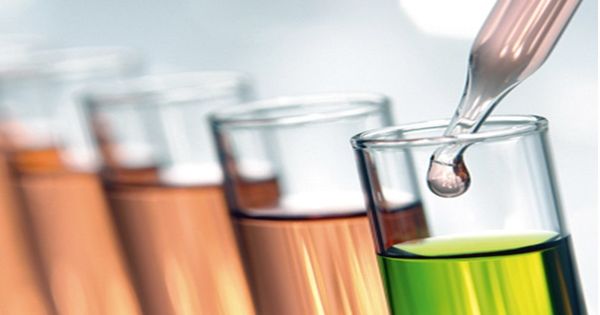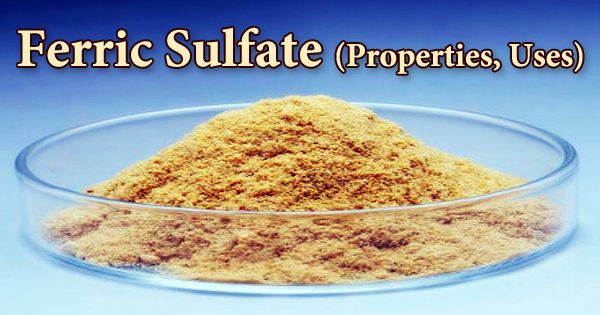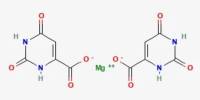A plasticizer is a substance that is added to a material to make it softer and more flexible, to increase its plasticity, to decrease its viscosity, or to decrease friction during its handling in manufacture. These are added to materials to make them softer and more flexible; some plasticizers are more efficient at this than others. They are general colorless liquids that are relatively nonvolatile. One of the main benefits of plasticizers is the durability they confer onto PVC applications, which can ensure high performance for up to 50 years.
Plasticizers are colorless and odorless esters, mainly phthalates, that increase the elasticity of a material (e.g., polyvinylchloride (PVC)). They soften the PVC to make it flexible and bendable.
Plasticizers are low-molecular-weight polymers that increase the spacing between chains of crystalline polymer to make them more flexible and, thereby, tougher. They are commonly added to polymers such as plastics and rubber, either to facilitate the handling of the raw material during fabrication or to meet the demands of the end product’s application. These are among the most widely researched of all chemical substances. In Europe, the safe use of plasticizers is enabled by Registration, Evaluation, Authorisation, and Restriction of Chemicals (REACH), the most comprehensive product safety regulation in the world.
Plasticization refers to the modification in thermal and mechanical properties of a given polymer. Plasticizers are compatible and involatile organic liquids that reduce the glass transition temperature of the PVC to below room temperature, thus producing a flexible polymer. For example, plasticizers are commonly added to polyvinyl chloride (PVC), which otherwise is hard and brittle, to make it soft and pliable; which makes it suitable for products such as vinyl flooring, clothing, bags, hoses, and electric wire coatings. Plasticizers are low molecular weight substances added to a polymer solution to promote its plasticity and flexibility.
Plasticizers are also often added to concrete formulations to make them more workable and fluid for pouring, thus allowing the water contents to be reduced. It is supposed that the function of the plasticizer is that its molecules are embedded between the individual polymer chains and disintegrate the polymer-polymer interactions. They are among the most widely used additives in the plastic industry. They are also usually cheaper than other additives used in polymer processing.
Plasticizers lower the glass transition temperature of the polymers. Similarly, they are often added to clays, stucco, solid rocket fuel, and other pastes prior to molding and forming. However, a significant amount of plasticizers are also used in polymers like acrylics, PET, polyolefins, polyurethanes, etc. For these applications, plasticizers largely overlap with dispersants.
Information Source:
















